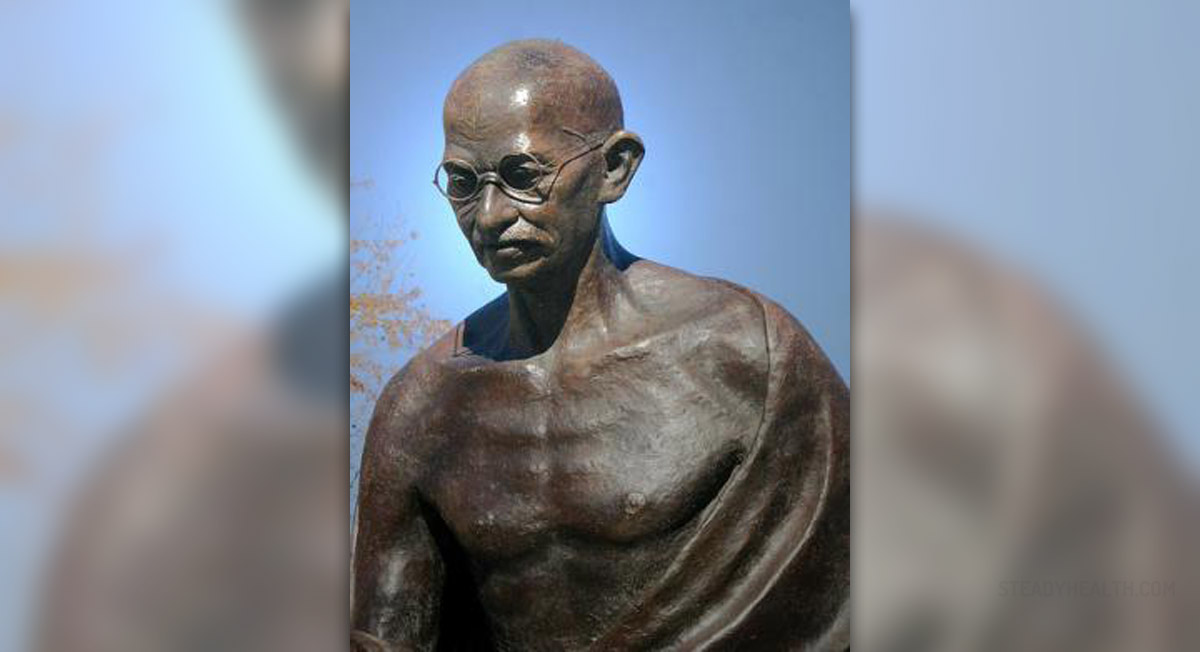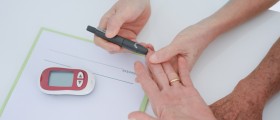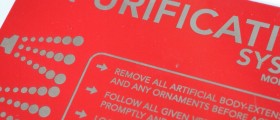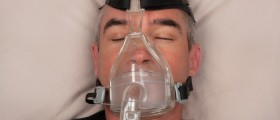
Although fasting is considered to be an effective and natural way to clean the body of harmful toxins it is important to know that it may have certain side effects and possible complications. Those complications can be prevented by careful preparation before the fasting begins and by following the instructions.
One of the possible side effects of fasting is having headaches. They occur specifically at the beginning of the fasting and are more likely to affect beginners. They can be alleviated by drinking warm water with a teaspoon of honey.
Dizziness, lightheadedness and fainting may occur especially when changing positions rapidly, for example standing up. It is advised to sit up or stand up slowly and gradually.
Some level of general weakness is to be expected during fasting and it is considered to be normal. The best way to avoid is to walk, spend some time in the sun and fresh air, apply a self-massage and avoid excessive strain.
Persons who fast often experience chills and feels cold. This happens due to the changes in the metabolism. Physical activity and dressing warm will help with this problem. It may also help to drink small sips of warm fluids and to avoid excessive amounts of water.
Unpleasant or fouls smell emanating from a person who is fasting are, unfortunately, common occurrences. It happens because the body is getting rid of toxins through breath, skin and sweat. Walking, enemas and breathing exercises can help with this.
Spasms are another possible complication of fasting. They usually affect fingers, the abdominal area and jaw. An effective remedy against spasms is a one percent saline solution taken several times a day in small quantities until the spasms stop.
Muscle pain can occur as a result of the slowing down of exchange processes. If this happens, it is recommended to decrease physical activity that puts additional strain on the muscles.
Arthritic pains may occur during fasting in patients with pathology of the joints and spine. Massage and warming the painful areas can help with this problem.
People who are fasting may experience sleep problems, like excessive sleepiness or insomnia. If a person is frequently sleepy it simply means he or she needs more rest. In case of insomnia it is advised to stay in bed even if awake but if it persists for more than 20 days it should be addressed as a serious complication.
Belching, vomiting and heartburn are possible side effects of fasting. Gastric lavage should help with this issue, which is drinking plenty of water to induce vomiting. If this treatment gives no result, non carbonated mineral water may help. These problems usually disappear if the fasting is continued in a proper way, but if they persist it may mean that the fasting is not being conducted well.

















Your thoughts on this
Loading...